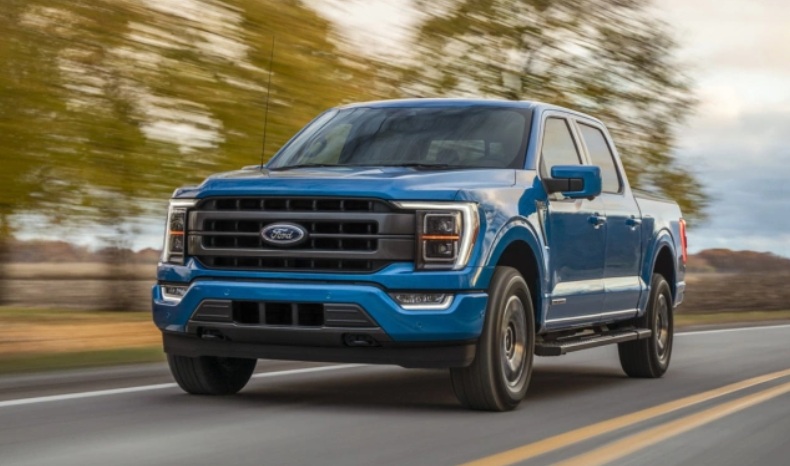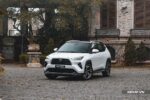For the past 31 years, Wards Auto has published its annual “10 Best Engines & Propulsion Systems” ranking, widely regarded as a benchmark in the global automotive industry.
Engines and propulsion systems are selected based on stringent criteria, including performance, fuel efficiency, refinement, and technical complexity.
In 2025, a significant milestone was reached: 9 out of 10 honored engines feature electrification, ranging from self-charging hybrids to plug-in hybrids (PHEVs) and pure electric vehicles. This clearly demonstrates the automotive industry’s shift toward electrification.
BMW M5 PHEV
The seventh-generation BMW M5 has recently been upgraded with the latest M Hybrid powertrain. Powering the vehicle is a PHEV system combining a twin-turbocharged 4.4L V8 engine with an electric motor.
This powertrain not only maintains the M5’s robust performance but also significantly improves fuel efficiency, allowing for short-distance all-electric driving. This move underscores the trend of electrification, even in traditional high-performance vehicles.
Chevrolet Corvette ZR-1
The standout feature of this ranking is the Corvette ZR-1—the only non-electrified model. It boasts a twin-turbocharged 5.5L V8 engine delivering a staggering 1,064 horsepower, paired with the largest turbos ever fitted to a production car. This not only showcases the potential of internal combustion engines but also affirms that gasoline power still has its place, especially in high-end supercars.
Mercedes-AMG E53 PHEV
At the other end of the spectrum, the AMG E53 embodies the perfect balance between daily comfort and high-performance driving. Its PHEV powertrain combines a 3.0L inline-six engine with an electric motor, producing up to 604 horsepower. Drivers can navigate city streets in all-electric mode, but a simple press of the pedal transforms this sedan into a true AMG powerhouse.
Nissan Leaf EV
In contrast to million-dollar vehicles, the Nissan Leaf continues to solidify its position as the “electric car for the masses.” The latest generation features a liquid-cooled battery pack and supports 150 kW fast charging, significantly reducing charging times. With two power options, peaking at 214 horsepower, the Leaf demonstrates that electrification is not just for luxury vehicles but is also accessible to the general public.
Lexus LX 700h Hybrid
In the luxury SUV segment, the LX 700h marks a significant shift for Lexus. It features a hybrid powertrain that pairs a twin-turbocharged 3.4L V6 engine with an electric motor, enhancing maximum torque, power, and fuel efficiency.
Lucid Gravity EV
Lucid continues to make waves with the Gravity—a luxury electric SUV offering a range of up to 724 km. Equipped with a 123 kWh battery pack and 400 kW ultra-fast charging technology, the Gravity can add 322 km of range in just 11 minutes of charging. With 828 horsepower, it’s not just a family SUV but a formidable competitor to the Tesla Model X and Mercedes EQS SUV.
Hyundai Ioniq 9
Built on the E-GMP platform, the Ioniq 9 features a 110.3 kWh battery pack and various electric motor configurations, offering flexibility from an efficient RWD model to a high-performance AWD variant. This SUV demonstrates Hyundai’s well-prepared entry into the large electric vehicle market, directly competing with American and European brands.
Dodge Charger Daytona EV
The iconic American muscle car enters a new era with an electric heart. The Charger Daytona EV delivers 670 horsepower and includes a Power Shot mode for instant torque boosts. Its retro-inspired design, combined with cutting-edge technology, makes it the perfect bridge between traditional muscle car spirit and the electrified future.
Honda Civic HEV
In the mainstream segment, the Civic Hybrid stands out with its 2.0L Atkinson-cycle engine paired with two intelligent electric motors. This system not only powers the vehicle but also regenerates energy to charge the battery. As a result, the Civic Hybrid offers a sporty, responsive driving experience while maintaining excellent fuel efficiency, proving that electrification is becoming mainstream.
Ford F-150 Hybrid
America’s best-selling pickup truck has been elevated with the PowerBoost Hybrid system, based on the familiar 3.5L EcoBoost V6 engine. Not only is it more powerful and smoother than its gasoline counterpart, but this hybrid system can also power external devices, from camping equipment to job sites, and even charge another electric vehicle. This highlights that hybrid technology is not just about fuel savings but also expands its utility in daily life.





























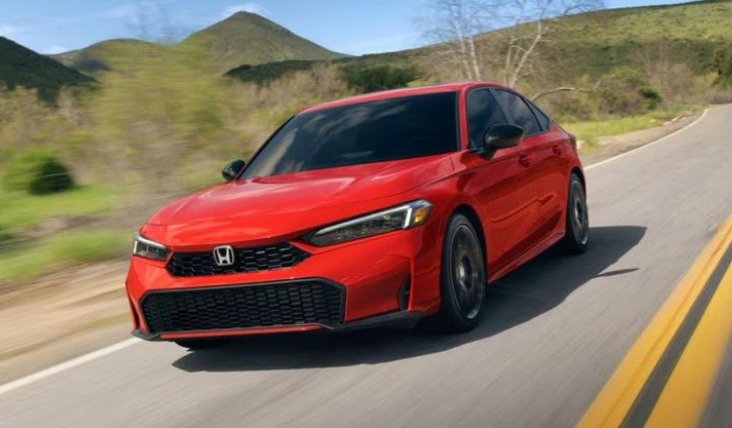
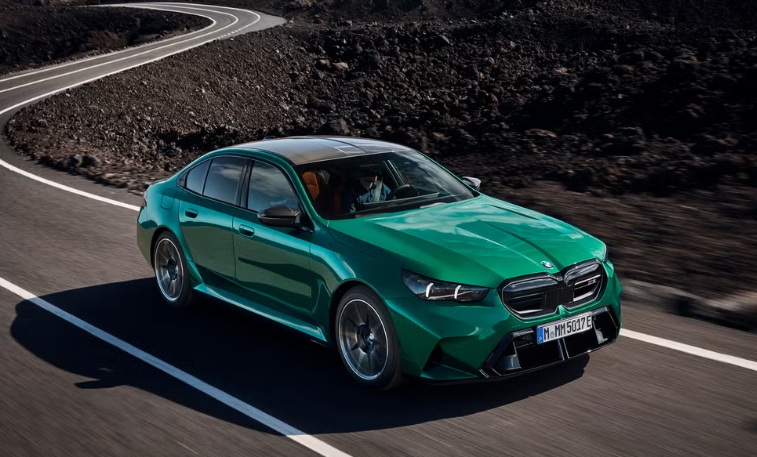
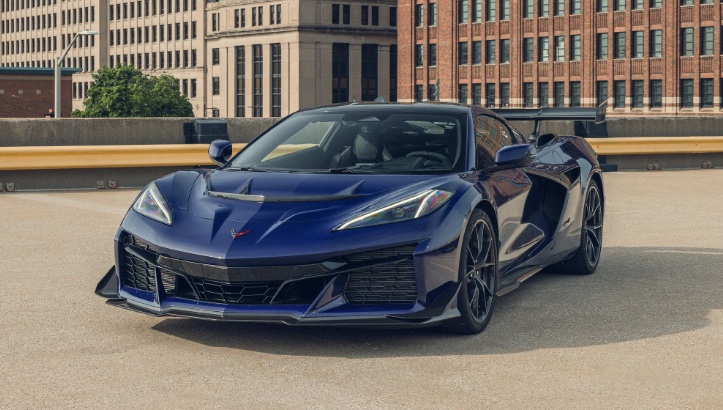
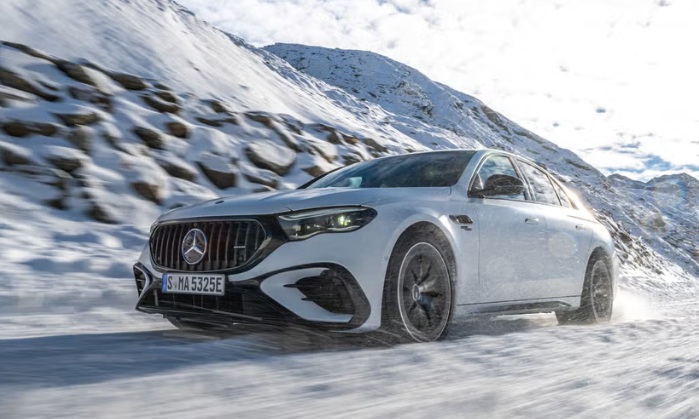
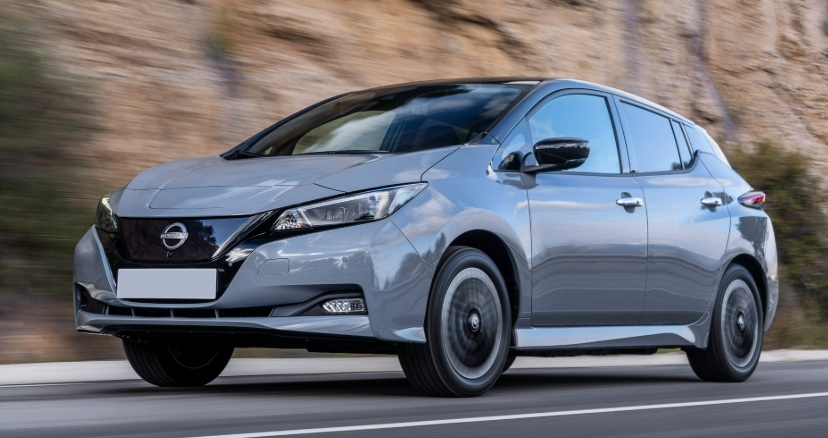
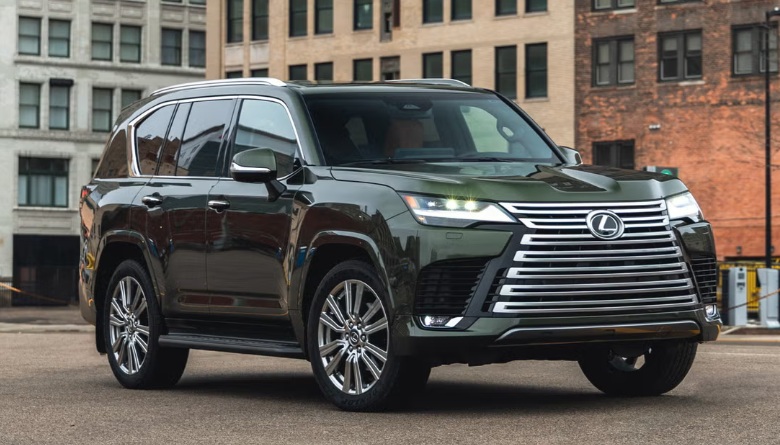
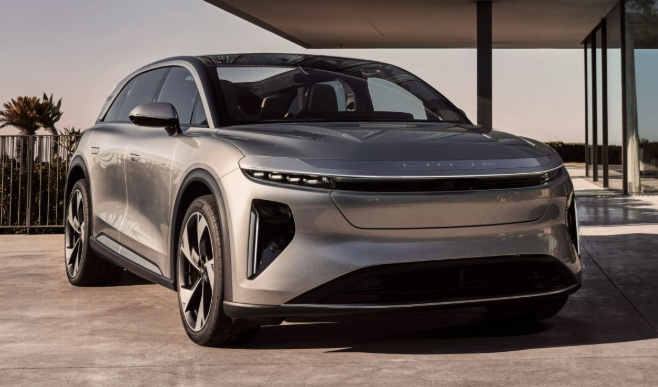
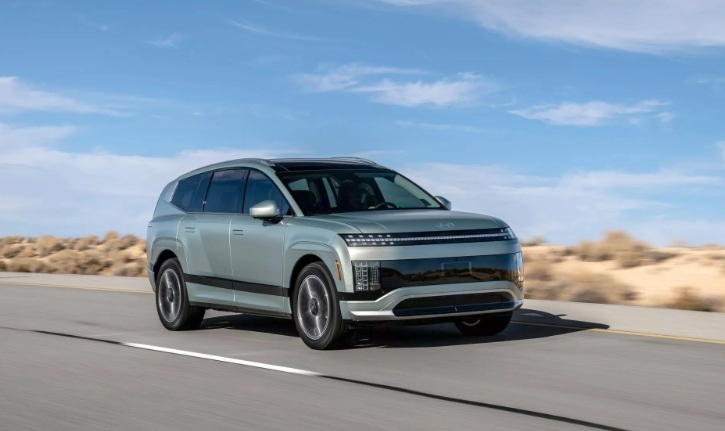
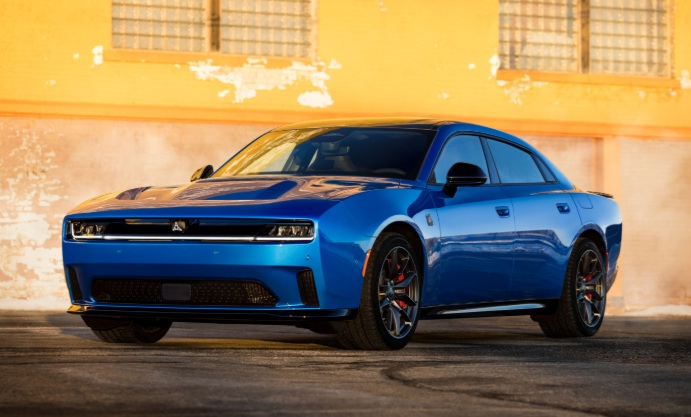
.jpg)
